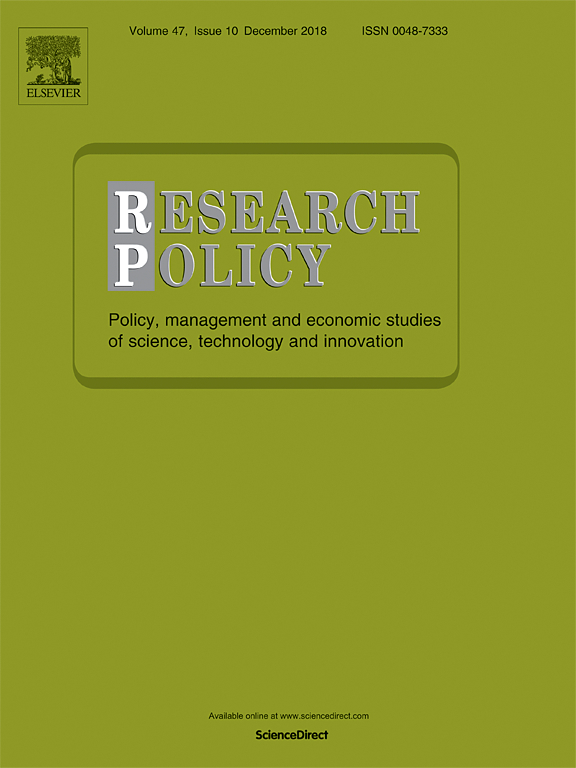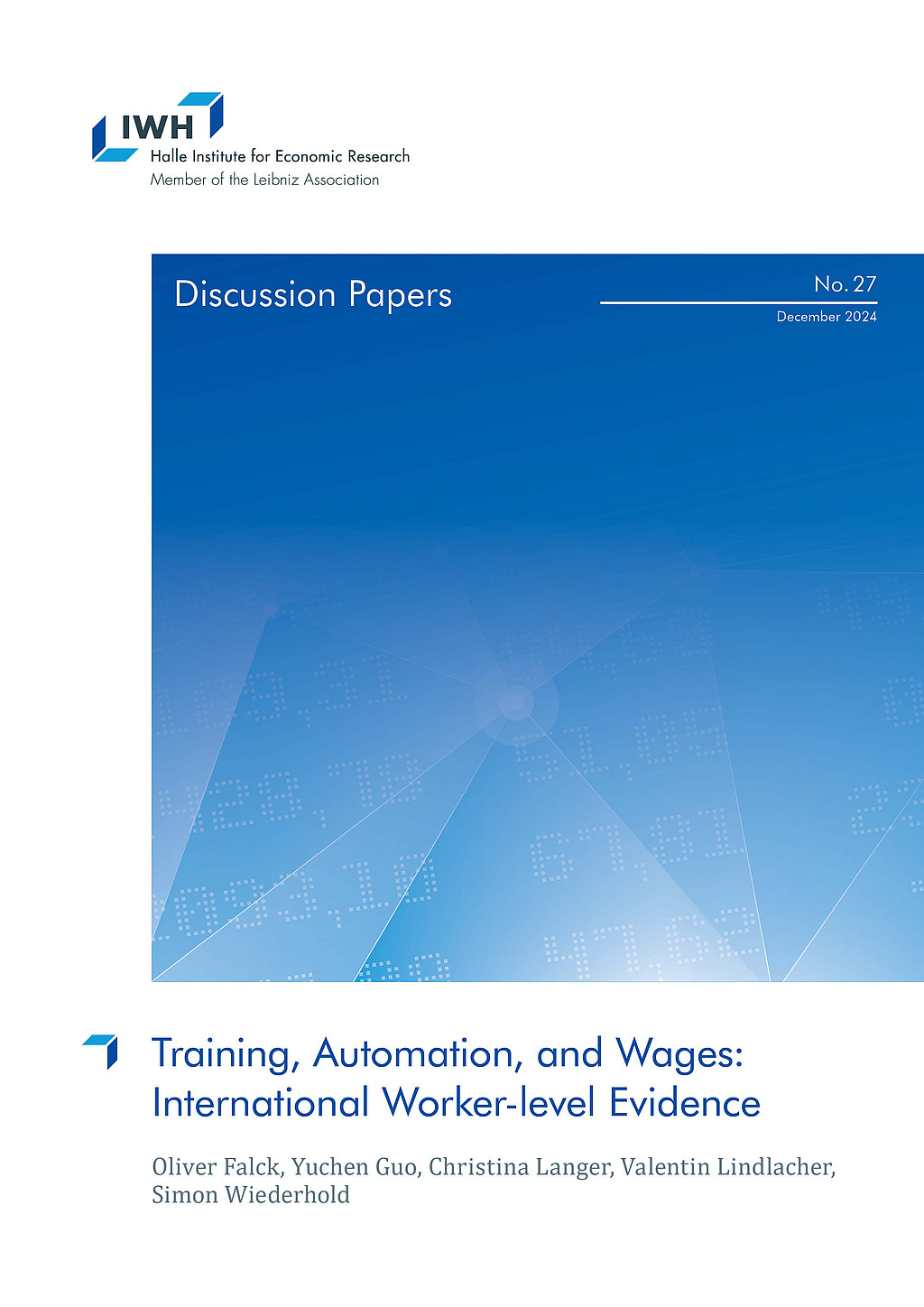Professor Dr. Oliver Falck

Aktuelle Position
seit 3/14
Forschungsprofessor
Leibniz-Institut für Wirtschaftsforschung Halle (IWH)
seit 10/11
Professor für Volkswirtschaftslehre, insb. Empirische Innovationsökonomik
Ludwig-Maximilians-Universität München
Forschungsschwerpunkte
- Innovation
- Wachstum und wirtschaftliche Entwicklung
Oliver Falck ist seit März 2014 Forschungsprofessor am IWH. Er erforscht Innovation und Wachstum sowie Unternehmertum.
Oliver Falck ist der Inhaber des ifo-Stiftungslehrstuhls für Volkswirtschaftslehre, insbesondere Empirische Innovationsökonomik an der Ludwig-Maximilians-Universität München. Zugleich leitet er am ifo Institut das Zentrum für Industrieökonomik und neue Technologien, an dem auch das ifo-LMU Economics & Business Data Center (EBDC) angesiedelt ist. Darüber hinaus ist Oliver Falck Programmdirektor des CESifo Forschungsnetzwerks.






